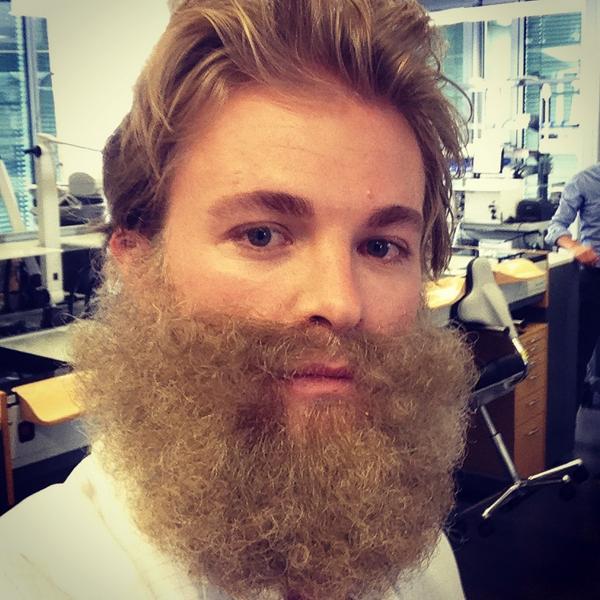By Steve Pak, | February 03, 2016

Man with Beard
Men's beards contain bacteria that could be used to develop new antibiotics, which could solve the problem of prescription medicines becoming resistant to certain types of microorganisms. The surprising discovery about hipster beards could help in the race to develop new pharmaceutical drugs that kill "superbugs" that mutate to become resistant to antibiotics.
Like Us on Facebook
Dr. Adam Roberts is a microbiology researcher at University College London (UCL). He told Reuters that physicians are prescribing antibiotics to patients too often and at wrong times.
Roberts explains that over-prescribing antibiotics causes drug-resistant mutations in the microbes. That can result in superbugs that avoid the medications made to kill them.
Scientists have developed few antibiotics during the "golden age" of discovering them. That was during the 1950s and 1960s.
The microbiology expert explains that beards are a surprising yet possible source for new antibiotics. He and his team made the discovery while studying the common myth that most beards have tiny bits of feces.
The UCL team wanted to test a recent study that had made such a claim, to learn if it was fact or fiction, according to Yahoo. The study published by New Mexico microbiologists early last year claimed that some germs in beards also exist in human waste.
Test swabs from 20 men's beards showed that the myth was false. However, the British researchers found 100 bacteria growths in the facial hair.
The research team then ran lab tests on the "isolates." They placed bacteria on a plate that includes an indicator strain, and then checked if those strains can grow up to the beards' bacteria colonies.
Roberts' crew learned that about one-quarter of the beard bacteria isolates could kill microorganisms, according to The Australian Financial Review. This showed that the beard microbes could produce the antibodies.
The UCL research team has collected bacteria samples from around the world to test as possible antibiotics. They include germs from refrigerators, mini trampolines, and cats. The scientists have about 50 types of bacteria that can kill indicator strains including E. coli.
Resistances to microbes and antibodies could yearly kill 10 million people and cost the world $100 trillion in three decades. The UCL's study reports that finding new antibiotics is important before the current crisis of the drugs' resistance becomes worse.
Here are some surprising places with many germs:
-
Use of Coronavirus Pandemic Drones Raises Privacy Concerns: Drones Spread Fear, Local Officials Say

-
Coronavirus Hampers The Delivery Of Lockheed Martin F-35 Stealth Fighters For 2020

-
Instagram Speeds Up Plans to Add Account Memorialization Feature Due to COVID-19 Deaths

-
NASA: Perseverance Plans to Bring 'Mars Rock' to Earth in 2031

-
600 Dead And 3,000 In The Hospital as Iranians Believed Drinking High-Concentrations of Alcohol Can Cure The Coronavirus

-
600 Dead And 3,000 In The Hospital as Iranians Believed Drinking High-Concentrations of Alcohol Can Cure The Coronavirus

-
COVID-19: Doctors, Nurses Use Virtual Reality to Learn New Skills in Treating Coronavirus Patients











